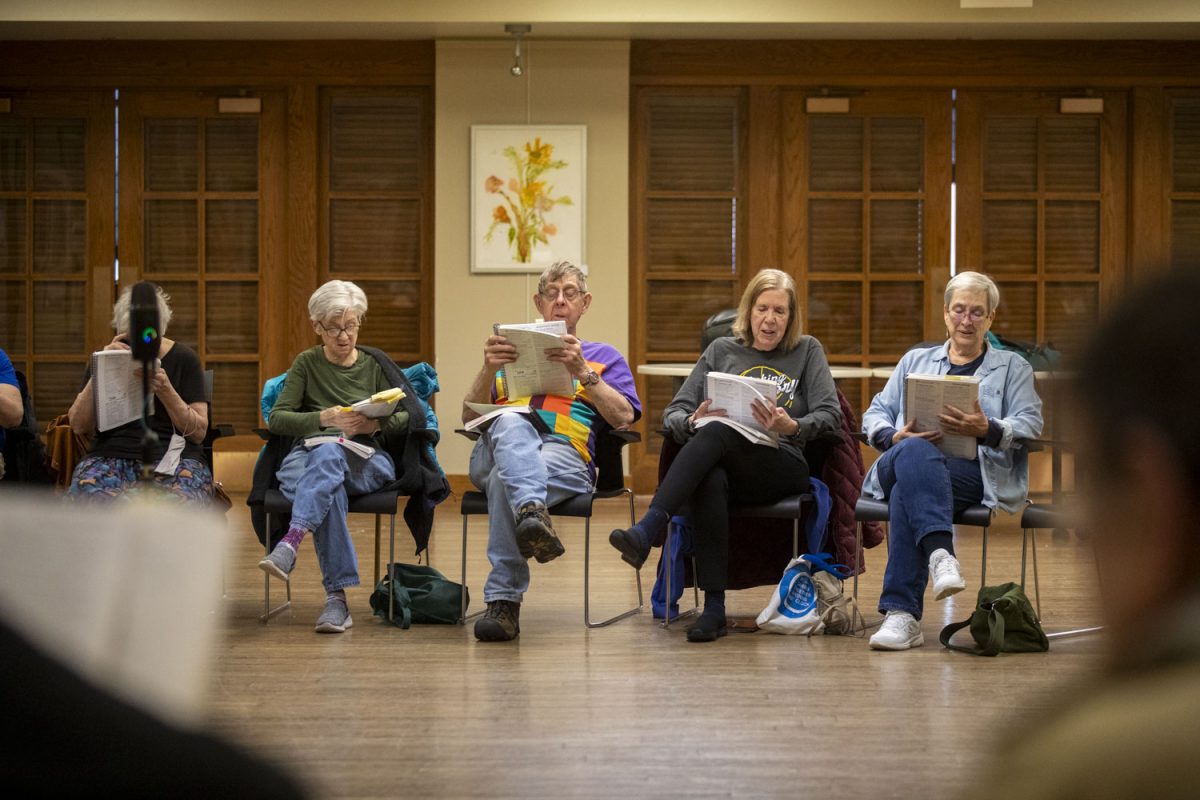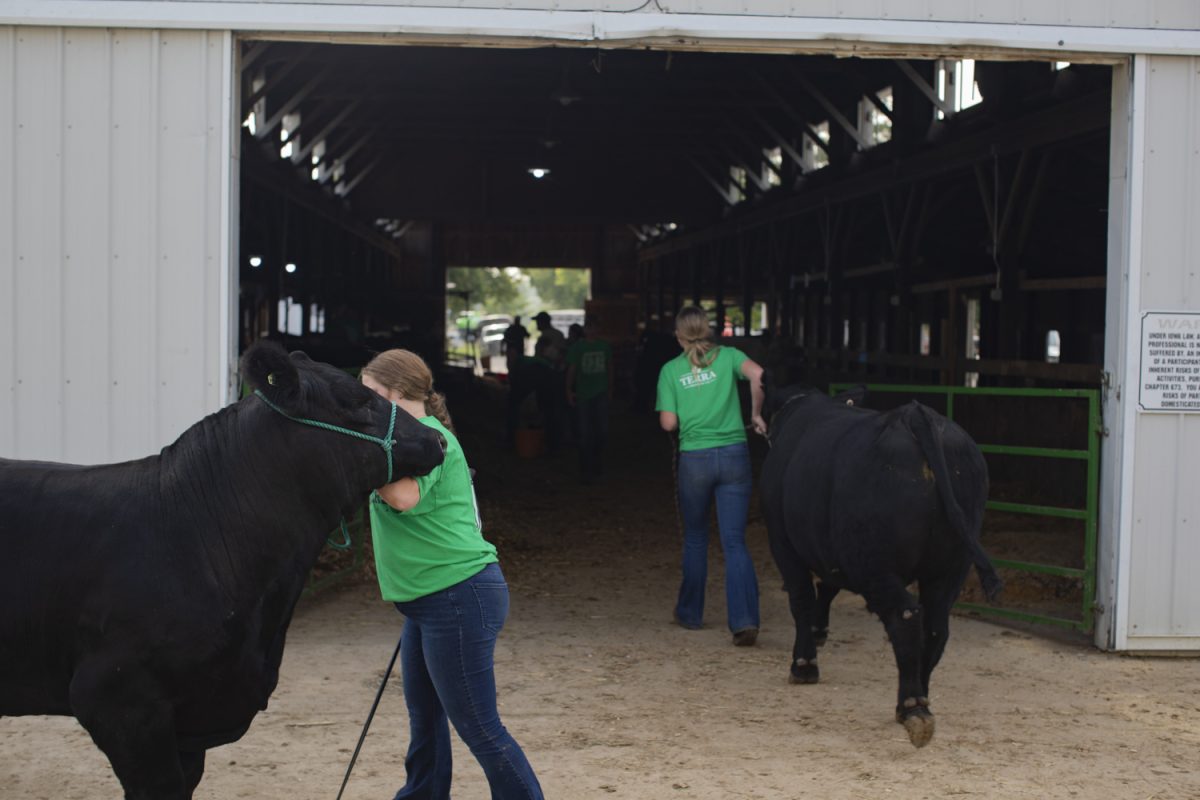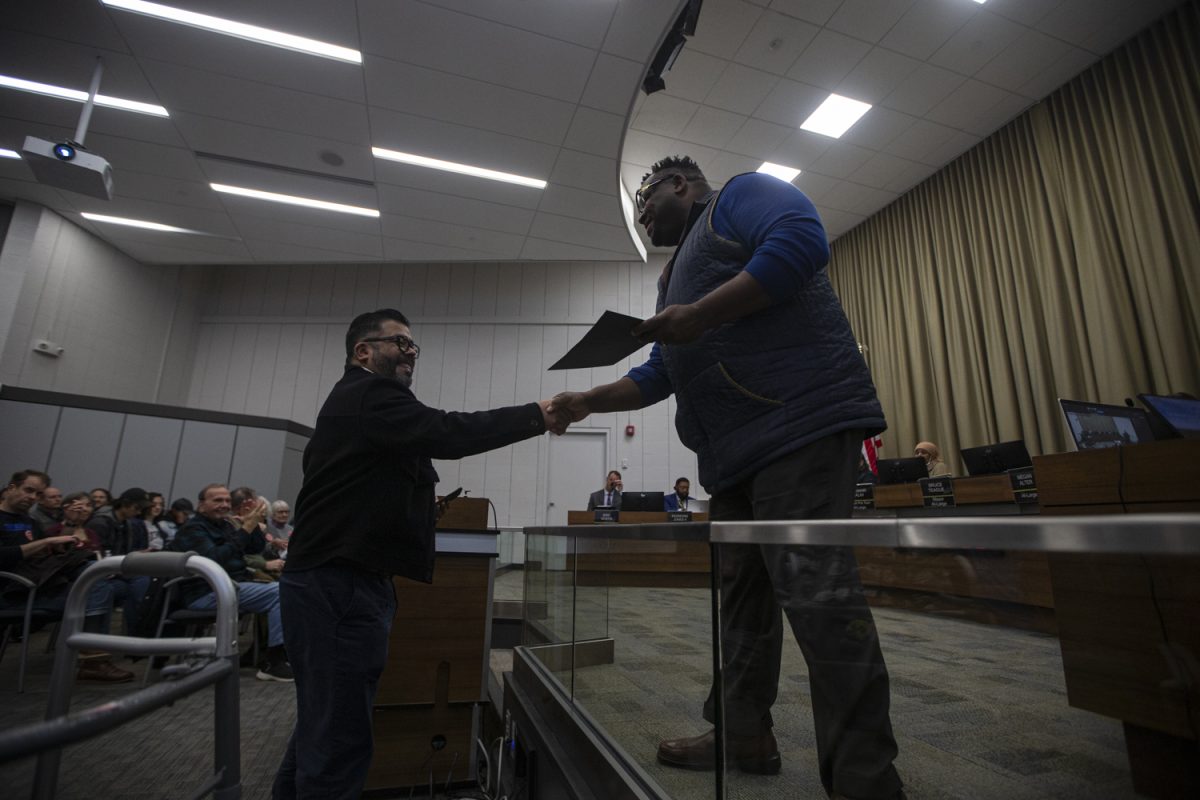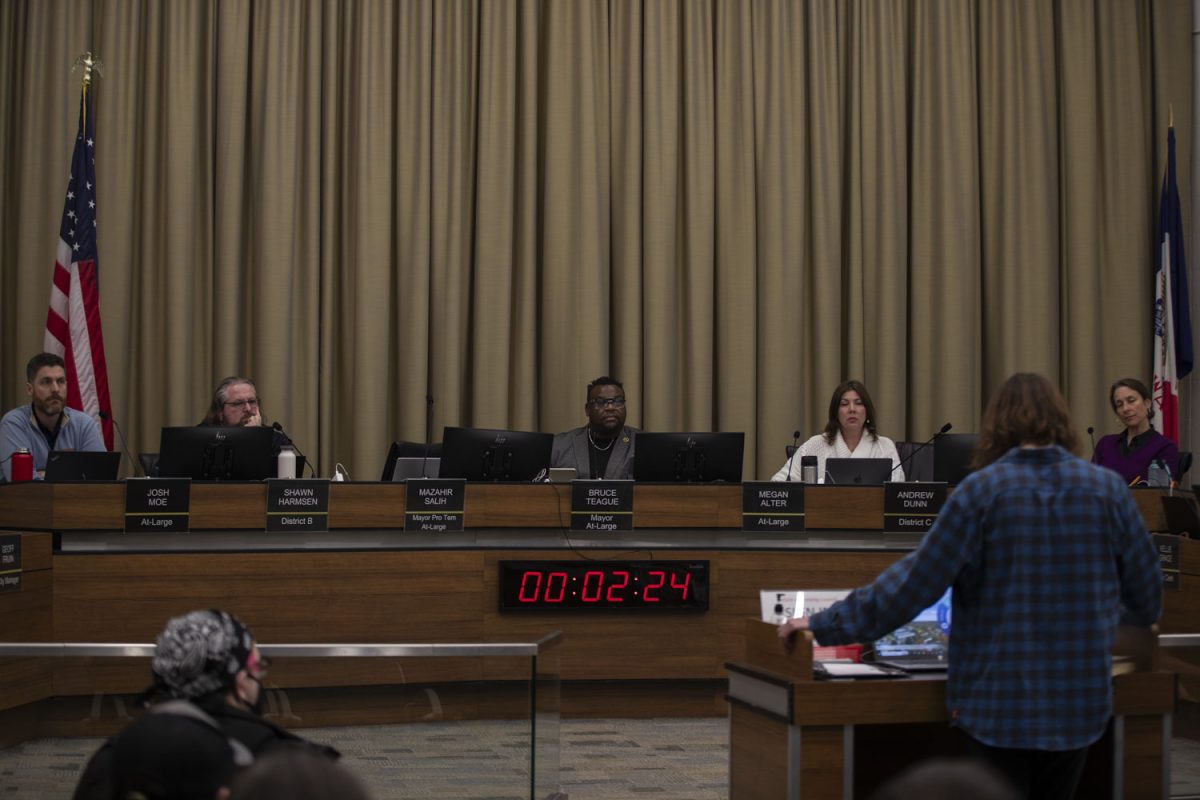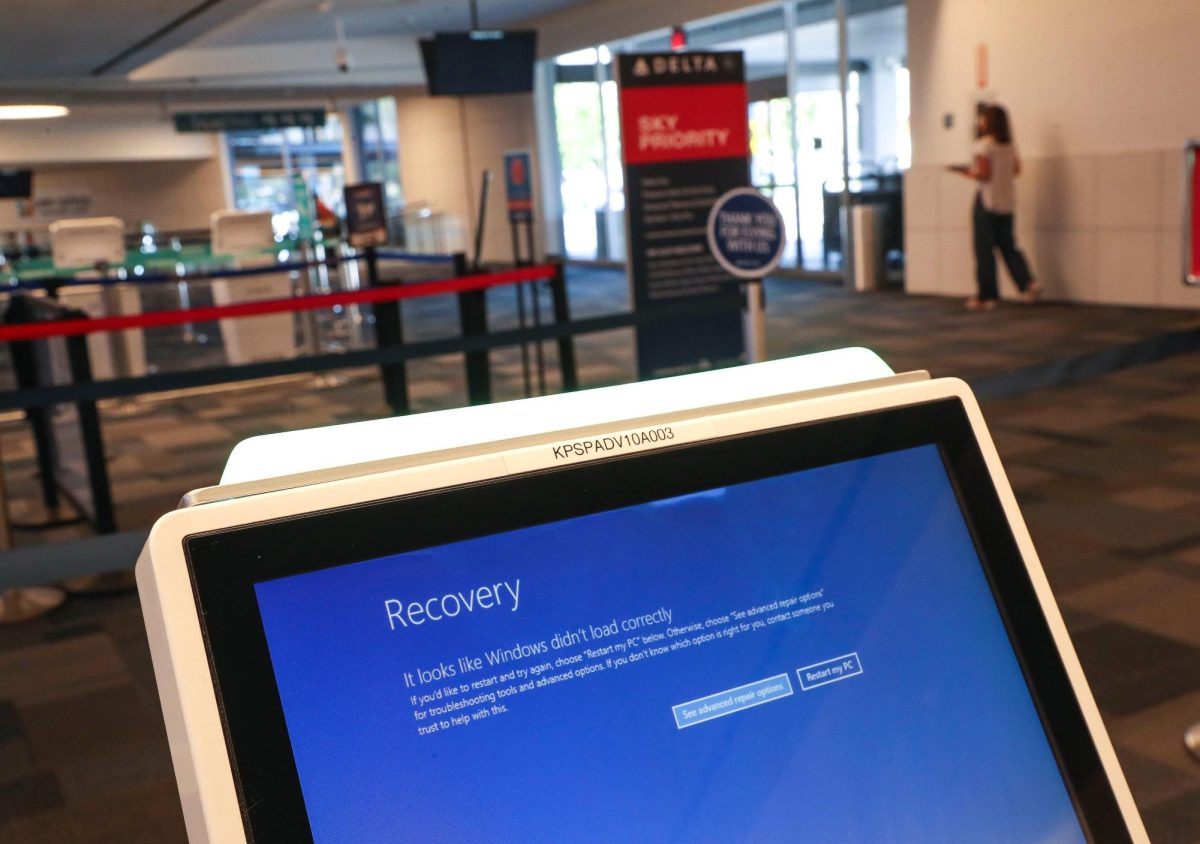As Iowa’s older person population increases, experts say the state will face new political, social, and economic consequences.
University of Iowa researchers found that Iowa currently has the largest percentage of adults over the age of 80 nationwide. By 2030, more Iowans will be 65 years old or older than 18 years old or younger.
According to the 2022 Iowa City census, 13 percent of Iowa City’s population is over the age of 65.
Brian Kaskie, UI professor of health management and policy in the College of Public Health, said this trend is a result of improved health care, which led to longer life expectancies since every county in the state of Iowa has a hospital and nursing facility, so the older population is well taken care of.
“If you’re born today, you can easily expect to live to the age of 85,” Kaskie said.
However, Kaskie said because younger generations tend to have fewer children and the fertility rate in Iowa has dropped by seven percent in the last 10 years, the burden of such a large population of older adults will be expensive.
Additionally, he said there are fewer young people to support the elderly and check in on them so nursing and hospital urgent care facilities are being used when they are not necessary. Kaskie said the younger generations are then responsible for paying for Medicare and Social Security to fund hospital visits and nursing home stays.
“Who do you think’s going to pay for all these old people?” Kaksie said. “You don’t want them spending on health care when they don’t need it. It’s super expensive. Young people really should think about how they’re going to get fleeced.”
Kaskie said one factor that aids in fewer hospital visits is the Iowa Return to Community program, launched in 2019 to mitigate this issue and help transition older people back to their homes after surgeries or hospital stays.
The program uses social workers who go to doctor’s offices to see a patient’s home and ensure they have access to assistance with daily tasks, such as feeding a dog or taking a shower. This way, older people aren’t reinjuring themselves trying to do things alone and winding up back in the hospital and using more taxpayer money.
“Those places are supposed to be there to take care of people with really serious nursing problems,” Kaskie said. “They’re not there just because somebody needs assistance to go to the bathroom. We need people to be at home to help these folks.”
Kaskie said another reason for the state’s significant older population is that very few Iowans leave the state for work, and they don’t leave for retirement, either.
“These older folks don’t leave,” he said. “They’re not moving to Florida or anything. They’re here, aging in place.”
Iowa City is also commonly known as one of the best places in the country to retire and was featured on the Forbes Best Places to Retire list in 2023. The city has UI Hospitals and Clinics and other university-based perks, such as sporting events and shows at Hancher Auditorium.
The Iowa City Senior Center is another amenity for older people in the area. Senior Center Program Specialist Michelle Buhman said she has seen an increase in the number of people 50 years of age and older who utilize the center’s programs and events. The center has also been providing more activities over Zoom for older people who may not be able to drive or have the mobility to attend in person.
“There’s a lot of people retiring in the last few years, and I witness new people coming in all the time and taking tours and participating in activities here for the first time,” Buhman said.
Politically, older citizens also hold a strong role in the state. UI associate professor of political science Tim Hagle said older people have historically been registered to vote in the highest numbers, and the Iowa caucuses lead to high voter registration numbers, too. Not only are they registered at higher numbers, but voters 65 and older voted in the highest percentage in 2022.
“By the time you get to age 65, you’ve had a lot of years where people have been trying to get you registered for one reason or another,” Hagle said. “There really aren’t a lot of people who are 65 who aren’t registered at this point.”
Since the older generation holds a great deal of political power in the state, Hagle said younger voters should focus on being involved and proactive in elections.
“The key for a lot of younger voters is to make sure that their concerns are being heard,” Hagle said. “Whether that’s talking to their state legislators — which should be somewhat accessible to them — or whatever it happens to be to make sure that those folks understand what the issues are from their perspective.”





